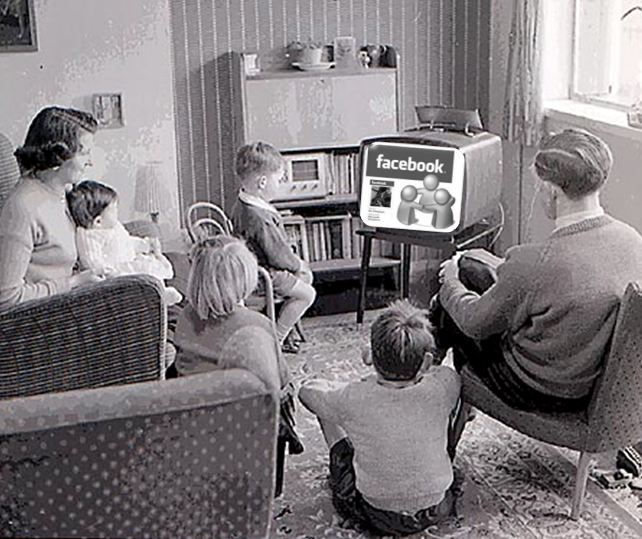“What’s going to be the next Facebook?”
I love debating the implications of social media trends with my students and this question comes up a lot.
My short answer is “There isn’t going to be one” … a response which always results in surprised and confused faces!
Facebook going to be entrenched as the king of social networking sites because the cost of switching to something else — for most people — will be too high.
In our tech-addicted society of hyper-change, we’ve become conditioned to expect the next big thing. But every time we get our hands on the latest gadget or test drive an application, there is an inherent switching cost associated with that effort. If we try it out and perceive that the benefits of switching are too low compared to the time and energy it takes to make the change, we’ll drop the idea and simply stick to what is already comfortable and familiar.
The idea of raising this psychological switching cost is at the very heart of most marketing efforts! We want to create so much passion and loyalty for our products that consumers would never think of switching. I’m sure you know a person who will only buy one brand of car or only drink one brand of soft drink.
But for most decisions we make as consumers, this switching cost is relatively low. Unless we have extremely high loyalty to a product, we can usually just be influenced by a better deal — maybe a coupon, free shipping, or an extra feature. Even a major purchase like a car or a house can be influenced by a discount. These important big-budget, life decisions can even be driven by intangible values like convenience, design or color.
The psychology of Facebook
But switching away from Facebook may be a more difficult decision than choosing a new home! In fact, most current users will probably never change to another social networking platform because the psychological and emotional investment in Facebook is so high. That’s where they have their circle of online friends. That’s where they go to check on the Farmville crops. That’s where they go to see the daily pictures of the new grandchild. And that is where they are going to stay.
The psychological commitment and emotional investment in Facebook is enormous, and it’s growing every day as the company adds functionality and embraces third-party applications that add to the fun and the amount of time people spend on the site.
Why won’t there be a “next” Facebook? Facebook is no longer a website. It’s a lifestyle. And changing your lifestyle carries very, very heavy switching costs.
The cost of popularity
The addictive nature of Facebook means that it will be far too costly for any company to produce and market a product that will cut into their core customer base. Sure, successful niches will emerge to cater to special interests and those who simply hate Facebook for whatever reason. But Facebook is going to rule as the English-speaking world’s most dominant social networking site.
But all is not rainbows and puppies for Facebook. A world without significant competitors might seem like the best possible situation, but it may emerge as the platform’s biggest challenge. Bill Gates once famously said that if Apple didn’t exist he would have to invent them. His point of course is that competition is essential to driving the continuous improvement needed to win customers and create meaningful new products.
There are serious implications of a world without true competition and that could ultimately be Facebook’s un-doing. A monopoly breeds arrogance and complacency. We’re already seeing this manifest itself in weekly headlines about the company’s seemingly cavalier attitude toward privacy and monetization strategies. Without a true competitor to capitalize on these weaknesses, those problems will be addressed in a half-hearted way — there’s no real implication to Facebook’s bottom line. In fact, the Facebook Nation keeps growing.
With the impossibly high switching costs that Facebook sets higher each day, this may represent the one true threat to their dominance — scandal. If something happened that compromised safety and personal security on a massive scale, it might open the door for a company whose competitive edge is lock-tight security.
Short of that, Facebook may just become a part of your family for life. Agree?



